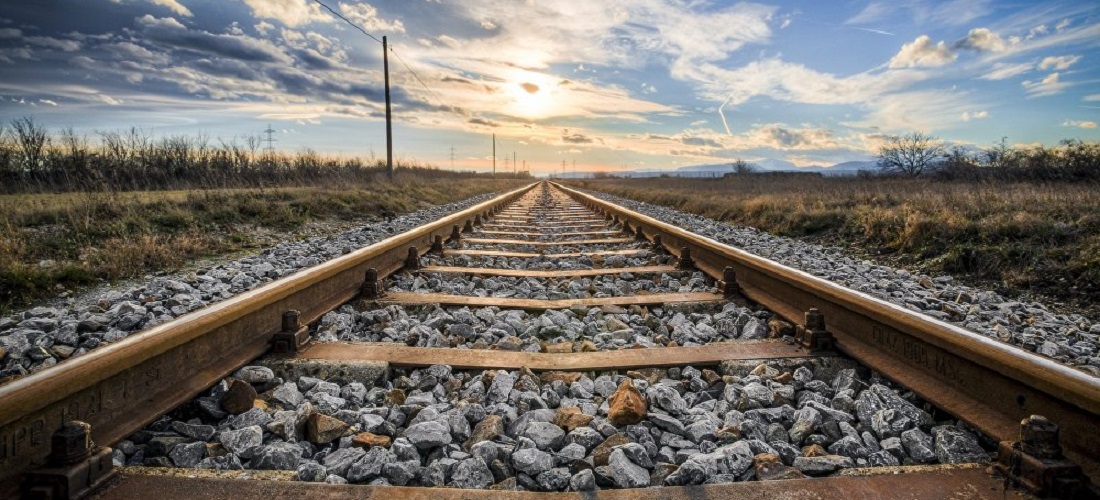
Government foresees that Pro Trilhos will generate R$180 billion in railroad investments
Jan, 03, 2022 Posted by Gabriel MalheirosWeek 202201
The Brazilian Ministry of Infrastructure foresees that some BRL 180 billion worth of investments will be made thanks to the railway framework approved on December 23rd, 2021, called Pro Trilhos. The expectation is that, with these resources, an additional 15 thousand kilometers of private railways will be built.
An study conducted by the agency shows that 64 applications were presented to the federal government as of yet. Among these, 60 are interested in installing railway lines and another four in securing railway yards. The proposals were filed by 22 different companies coming from 16 states: Minas Gerais, Espírito Santo, São Paulo, Paraná, Santa Catarina, Mato Grosso, Mato Grosso do Sul, Federal District, Goiás, Maranhão, Pernambuco, Piauí, Bahia, Tocantins, Pará and Roraima.
According to the ministry, the feat of Pro Trilhos represents 50% of the entire national railway network, which currently ranges over 30 thousand km. Private investments for the construction of new authorized railways add up to 23 times the portfolio’s budget in 2021 — which handles not only railways but all federal transport infrastructure assets, including ports, airports, highways, and waterways.
One of the greatest luring factors of Pro Trilhos is the possibility of working on the railroad industry through authorization, and no longer just through bidding. Through this model, the State allows private companies to invest in projects without having to submit to preconditions such as location and extension. In return, they assume the risk of the operation. In addition, companies in industries such as mining and agribusiness will be able to invest in just one stretch of the railway. In other words, they won’t have to take care of the entire route.
According to the technical advisor of Brazil’s Confederation of Agriculture and Livestock (CNA), Elisângela Pereira Lopes, Pro Trilhos will increase the supply of rail transportation and ensure competitiveness or, at least, intermodality between modes of transport. The legislation, she added, will guarantee legal security mechanisms to ensure that all requirements for the installation of new railway lines can be met.
Elisângela cited that the Ministry of Infrastructure estimates benefits such as the reduction in freight costs of up to R1.7 billion per year; expansion of fleet capacity by 40% over the next three years; 30% growth in coastal shipping; and exemption from investments in port terminals and railways.
Frederico Favacho, a partner at Santos Neto Advogados, assesses that Brazilian agribusiness hopes that the new framework will allow railway expansion projects to happen with full sway. This would make Brazilian agricultural commodity prices increasingly more competitive, generating greater profitability for producers.
“The measure may also result in a reduction in diesel consumption and, consequently, in carbon dioxide emissions,” added Favacho.
Source: Valor Econômico
To read the full original article please visit:
-
Grains
Aug, 02, 2021
0
Brazil to increase soybean planting for the 15th year, says Datagro
-
Oil and Gas
Jan, 16, 2023
0
Brazil’s Blueshift to deploy LNG terminal in Rio de Janeiro state
-
Meat
Jan, 14, 2020
0
Friboi invests over R$ 70 million in Brasnorte plant
-
Other Cargo
Dec, 23, 2022
0
Fertilizers: imports amount to 3.198mt in December

